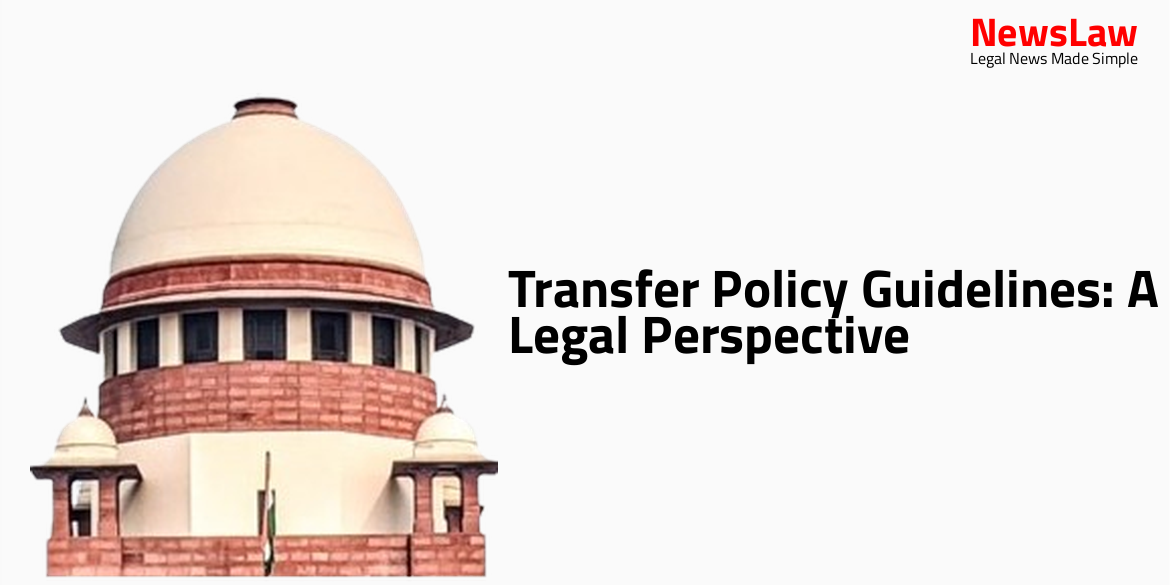In a significant legal victory, the Supreme Court of India has delivered a judgment regarding the regularization of daily wage workers at the Regional Dairy in Konkan. The case, filed under the Maharashtra Recognition of Trade Unions & Prevention of Unfair Labour Practices Act, 1971, involved long-serving workers who were denied regular employee benefits despite years of dedicated service. Stay tuned for details on this milestone ruling in the realm of labour rights and legal justice.
Facts
- Eleven daily wage workers at the Regional Dairy in Konkan, Maharashtra appealed for permanency of their status.
- The appellants filed complaints under the Maharashtra Recognition of Trade Unions & Prevention of Unfair Labour Practices Act, 1971, claiming they had worked for more than 240 days continuously and deserved regular status.
- Permanency was granted as the appellants had been working for 12 to 20 years on that date.
- The responsibility to send a proposal to the Government for sanctioning posts was on the respondent.
- Complaints were allowed by the Tribunal on 28.4.2004 as these workers had been daily rated employees for years.
- Writ Petitions filed by the Regional Dairy Development Officer were dismissed by the Single Judge on 10.7.2007.
- The appellants were being denied benefits like yearly increments, bonus, provident fund, retirement benefits that regular employees received.
- The complaints were filed in 2001, but the workers had been working since the 1980s.
Also Read: Supreme Court Judgment on Single Till Mechanism for HRAB Calculation: A Comprehensive Analysis
Analysis
- Absence of regular process for making the appointment and absence of sanctioned posts were the main considerations for the Division Bench’s decision.
- The power to take affirmative action under Section 30 (1) (b) remained intact despite the absence of a regular process.
- The Umadevi case was limited to powers exercised under Articles 32 and 226 of the Constitution for regularization and was not to affect affirmative action under Section 30 (1) (b).
- Judgment indicated that High Court directions for absorption and permanent status without proper recruitment were not in line with the Constitutional scheme.
- Decades-long performance of job by the appellants indicated a continuous requirement rather than a temporary or seasonal one.
- Absence of a regular process for appointments did not entitle employees continuing under interim orders to claim permanent status through absorption.
- The Division Bench’s reasoning in the judgment of this court in Secretary, State of Karnataka & Ors. v. Umadevi & ors. is essential to understand the gravity of the issue.
- The said judgment of this Court specifically deals with a State Act and its implications.
- It opined that the powers of the Industrial and Labour Court are broad and significant.
- The judgment concludes that the issue regarding according permanent employment affected by unfair labour practices falls under the wide authority of the Industrial and Labour Court as per the State Act.
- The Court has the power to direct individuals engaged in unfair labor practices to cease and desist.
- Affirmative actions such as compensation or reinstatement may be ordered by the Court to address unfair labor practices.
- Engaging persons on contract basis for a long period can be considered an unfair labor practice.
- Appellants before the court would be entitled to the benefit of regularization
- Delay in preferring the claim would not hinder their entitlement to regularization
- Benefit of regularization would arise from the date the complaints were filed
- Finding of unfair labour practice by the Tribunal has been confirmed by the learned Single Judge
- Interference by the Division Bench relating to Umadevi’s case has been explained in subsequent judgments
Decision
- The appellants are entitled to benefits from the date of their complaints.
- The benefits should be remitted to the appellants within the same period from the date of the complaints.
- The earlier period will be counted for the purpose of calculation of benefits, even though the appellants were not monetarily entitled for that period.
- The appeals have been allowed and the parties will bear their own costs.
- The respondents are directed to regularize the appellants and issue necessary orders within three months from the date of the order.
Also Read: Selection and Appointment of Judicial Officers in Himachal Pradesh
Case Title: PANDURANG SITARAM JADHAV Vs. THE STATE OF MAHARASHTRA THROUGH ITS DAIRY MANAGER
Case Number: C.A. No.-010064-010075 / 2010



